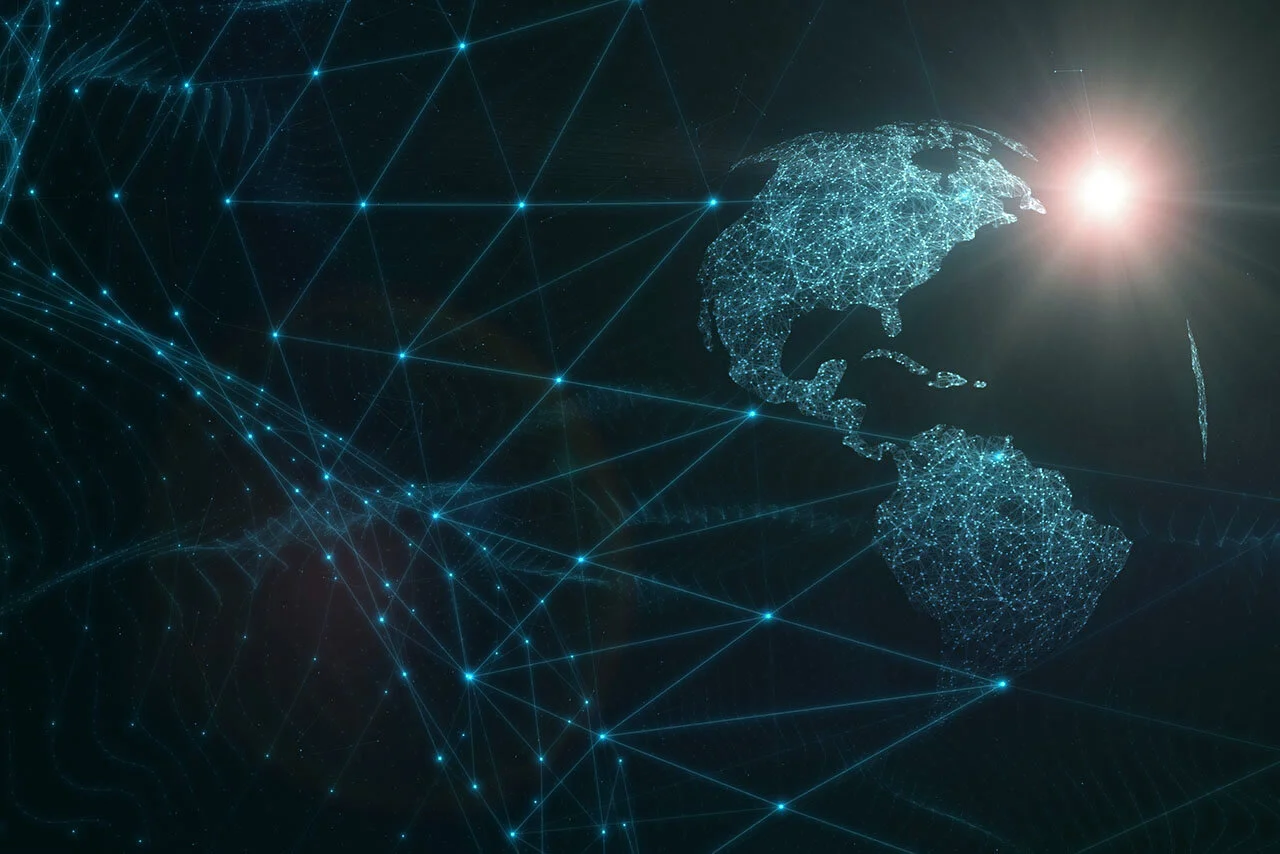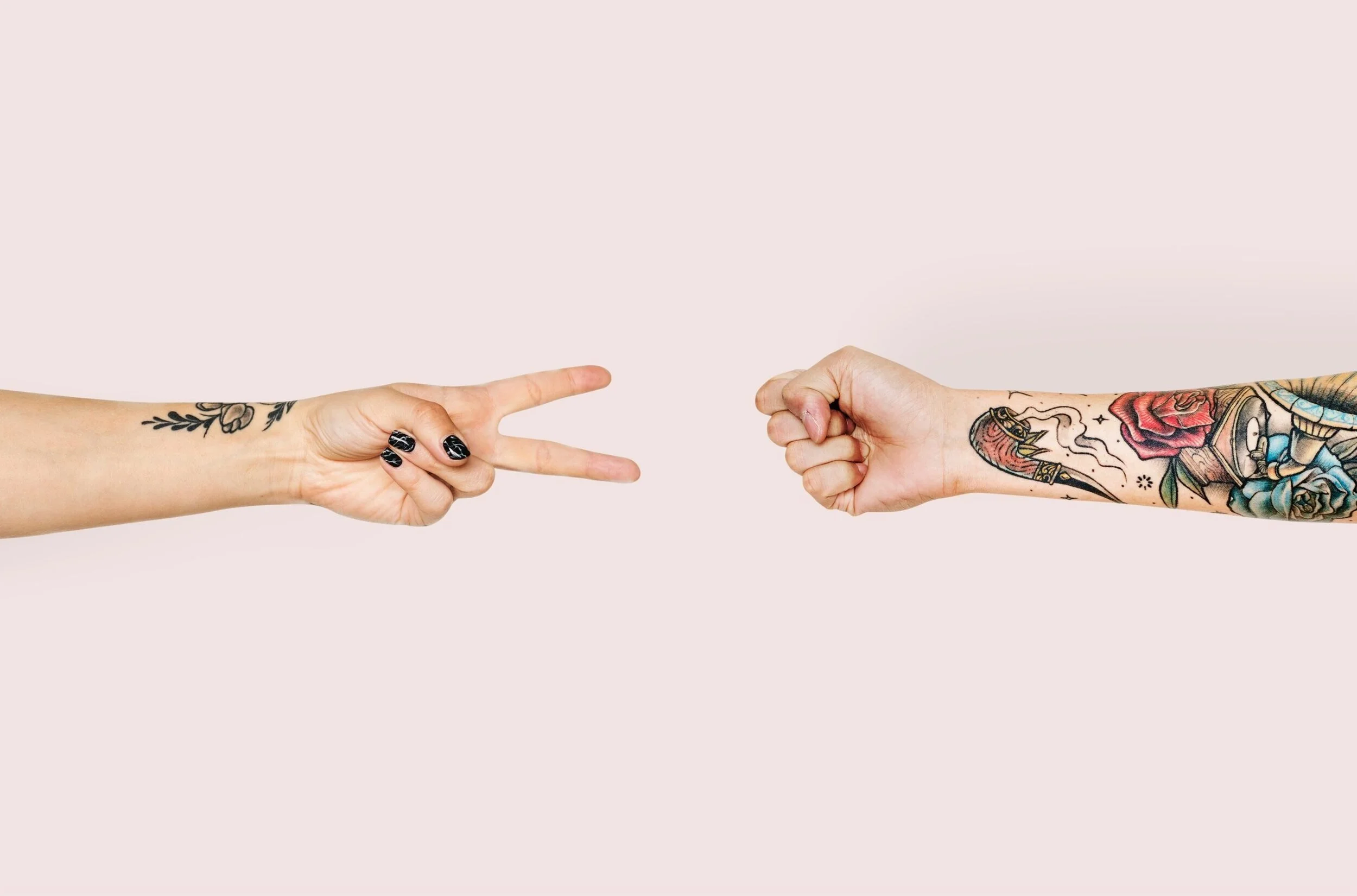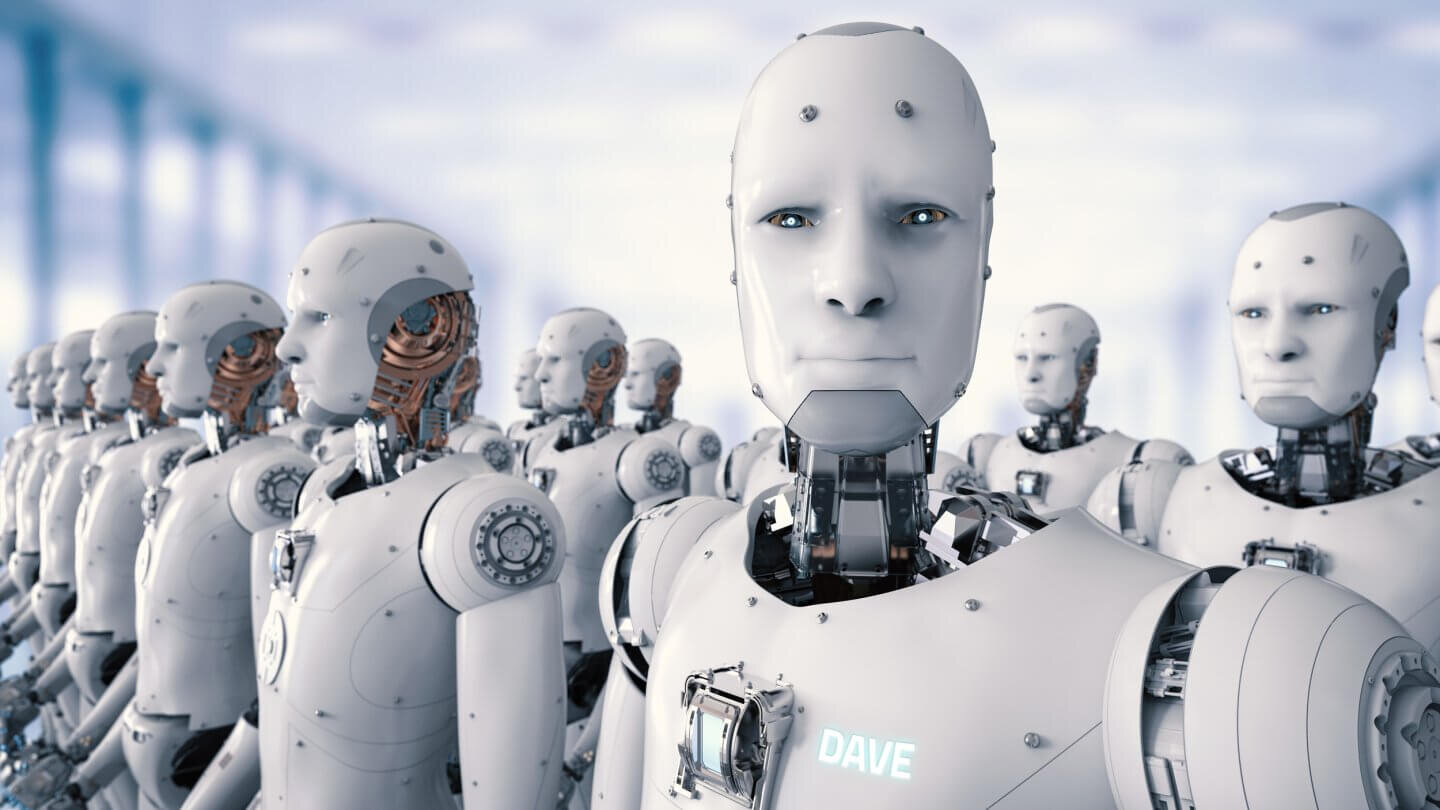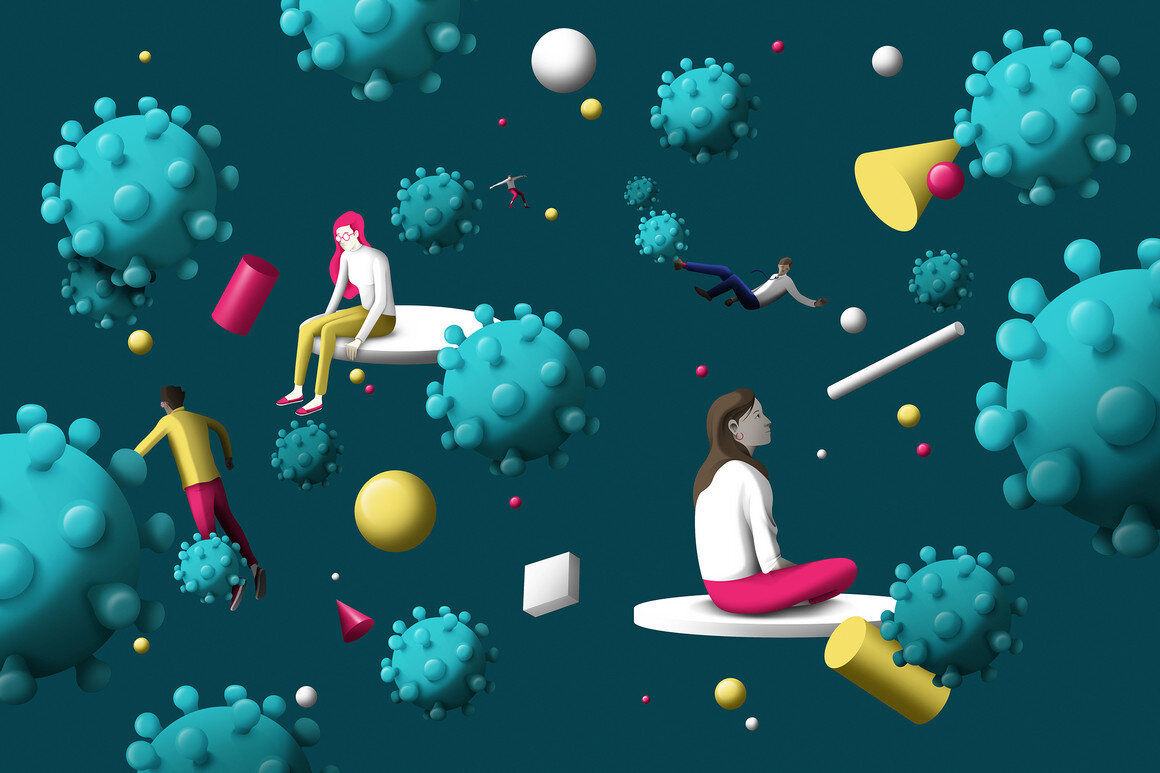While the conversation around “reconciliation” is often positioned as a pathway toward healing and understanding, it actually functions as a self-soothing technique for allies who may not want to fully confront the extent of racial harm and inequity that persists in society. By intelligently critiquing the assumptions underlying reconciliation efforts, we can better understand the need for a more rigorous engagement with justice, one that prioritises systemic change over the temporary comfort of dialogue and “friendship”.
Read MorePrejudice acts as a veil over the eyes of the soul, clouding judgment and distorting perception. Like cataracts that blur vision, prejudice prevents individuals from seeing others in their true light, creating barriers rather than bridges between diverse people and cultures.
Read MoreThe idea that unconscious bias exists in all of us is no longer a question to be asked but rather a scientific matter of fact. And because it is costing the business world $64B dollars annually in the rehiring process alone means that companies are finally ready to talk about it and understand how their human resources and diversity & inclusion staff can mitigate its impact. The true cost of unconscious bias includes the human resources to rehire, decreased productivity due to low employee satisfaction, as well as the loss of potential talent unwilling to even apply to work for employers with negative diversity and inclusion reports. Beyond these business indicators, the social and emotional cost of unconscious bias on our world is far too great to even hypothesise at this stage.
Read MoreBlockchain is not just a financial technology though it will revolutionise the way we bank and transact and even think about money. Blockchain is an industrial revolution that is going to change the face of our planet and the way we live our lives. But in order for us to understand even a fraction of the transformative power of blockchain technology, we have to start thinking of it as belonging to the category of technologies that sparked industrial revolutions; consider coal, oil, electricity and the internet.
Read MoreWhether peace is to be reached only after unimaginable horrors precipitated by humanity’s stubborn clinging to old patterns of behaviour, or is to be embraced now by an act of consultative will, is the choice before all who inhabit the earth. At this critical juncture, when the intractable problems confronting nations have been fused into one common concern for the whole world, failure to stem the tide of conflict and disorder would be unconscionably irresponsible.
Read MoreAnti-racism is about resolving our personal pain and grief, or our shame and guilt, and actually getting on with the job of recognising the systems, structures and policies that have constructed and reinforced arbitrary racial boundaries over 500 years, and to then begin intelligently envisaging a way to rebalance and redesign our world through a systems-thinking approach to social and organisational change.
Read MoreAs the global movement for climate action gains momentum and environmentalist sentiment enters the public arena, it’s time to check the language of the movement to ensure we are a) being as effective as possible and b) not causing further harm in our advocacy, our activism and our actions.
Read MoreMuch like the meaning it carries in a mathematical context which is simply a synonym for the number “one”, Unity in systems thinking actually just means ‘Oneness’ or ‘the whole’. This meaning of unity in systems thinking is more a matter of fact than a potential state of being.
Read MoreHow do we end racism? How can we build a social movement that has momentum to see us achieve a world free of prejudice? Considering that colonialism, capitalism, the concentration of wealth and power, and even climate change, would not have happened without racism, it becomes clear that anti-racism training is not just for social justice advocates who want to address systemic racism, but for anyone who seeks to build a better world. So how do we build this powerful movement?
Read MoreIf you've ever heard someone say 'I don't see colour' and you're not quite sure why it might be a little bit racist, then this is for you.
Read MoreSocial Change isn't going to just happen, you have to get up and actually make it happen... and no matter how loud we get, politicians, CEOs and ex-CEO philanthropists won't be able to create an economically just, socially equitable and environmentally regenerative society, just because we screamed for it in the streets.
Read MoreWhat is 'Just World Theory' and how is it related to victim-blaming, climate denial and trickle-down economics? A Just World Theory is a part of a person's worldview, and as discussed in the previous article, it is a lens through which we see the world and assess our surroundings.
Read MoreIt doesn't take much to witness the insanity of our world. Or to acknowledge that our world is gravely sick and akin to a body that is dying. Like cancers spreading through the body, hatred, fear, envy, pride, prejudice, self-importance and self-preservation, have affected the fibres of society, and rotted its very structures.
Read MoreAs emotionally motivated beings with an innate and inseverable connection with nature, if our advocacy used the ‘connection with’ narrative we would be more effective in inspiring the level of human engagement and action required for large scale social involvement and change. Ecopsychology presents an important scientific understanding and framework that captures the complex emotional management mechanisms triggered by current fear inducing, negatively framed and anthropocentric messaging.
Read MoreThe challenge we face as groups and individuals advocating for action on climate change, or any issue of socio-economic justice for that matter, is one of communication design, and not just about simply ‘raising the alarm’. To adequately address the threats of climate change, and move towards socio-economic and environmental justice, we need to affect a change in culture, to facilitate connection and increase engagement, not just awareness.
Read MoreOur society was already broken and painful to live in before COVID-19, the world was already poised for collapse and it was our own collective complacency that led us to this point of critical systems failure. But what will follow will be the restructuring of a new world; one that will have no space for inequality, injustice, materialistic consumerism and prejudice.
Read MoreThis is a tripped switch, a falling giant, the beginning of the end, and also, it is just the end of the beginning. Our lives will forever be marked as pre and post COVID-19, because this is a Phase Shift. The world is now more malleable, more fertile and is full of potential for change. Our world was an imbalanced, unsustainable and grossly unjust system, but our future is waiting to be created.
Read MoreThe fear that simmers under the surface of our society, waiting to erupt into brawls for toilet paper, has not come from nowhere, it has been brewing for some time.
Read MoreOur society was already broken and painful to live in before COVID-19, the world was already poised for collapse and it was our own collective complacency that led us to this point of critical systems failure. But what will follow will be the restructuring of a new world; one that will have no space for inequality, injustice, materialistic consumerism and prejudice.
Read MoreIn a world that is changing, dying, collapsing and evolving as rapidly as ours is right now, the grief, the pain, the confusion or the hopelessness is immense and overwhelming. And it’s important to know that that’s ok. But as changemakers, it is just as important to know how to deal with this and move forward without losing our footing or our hope.
Read More



















